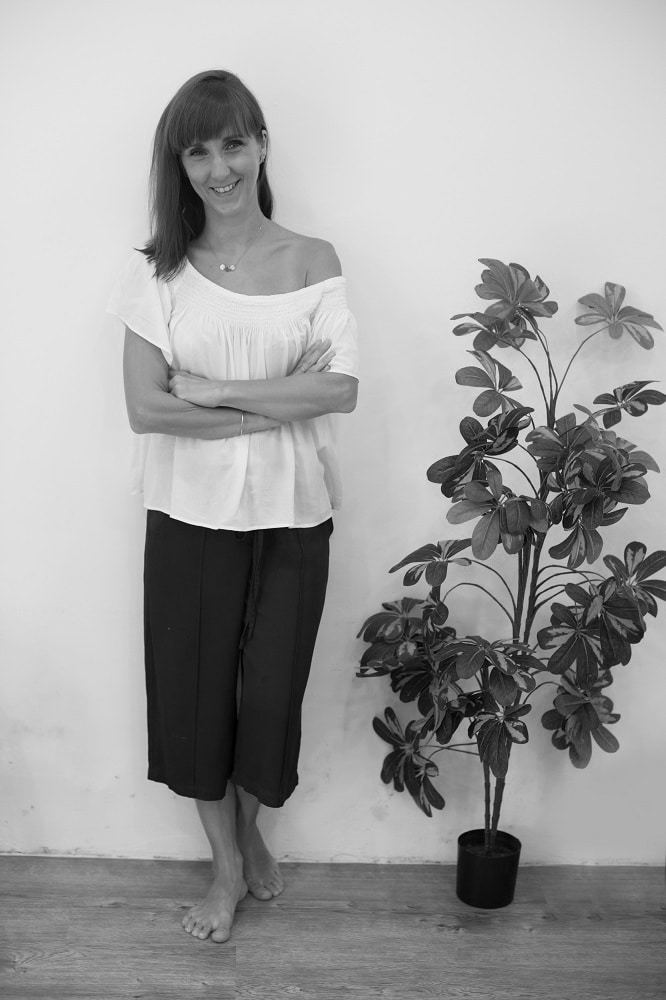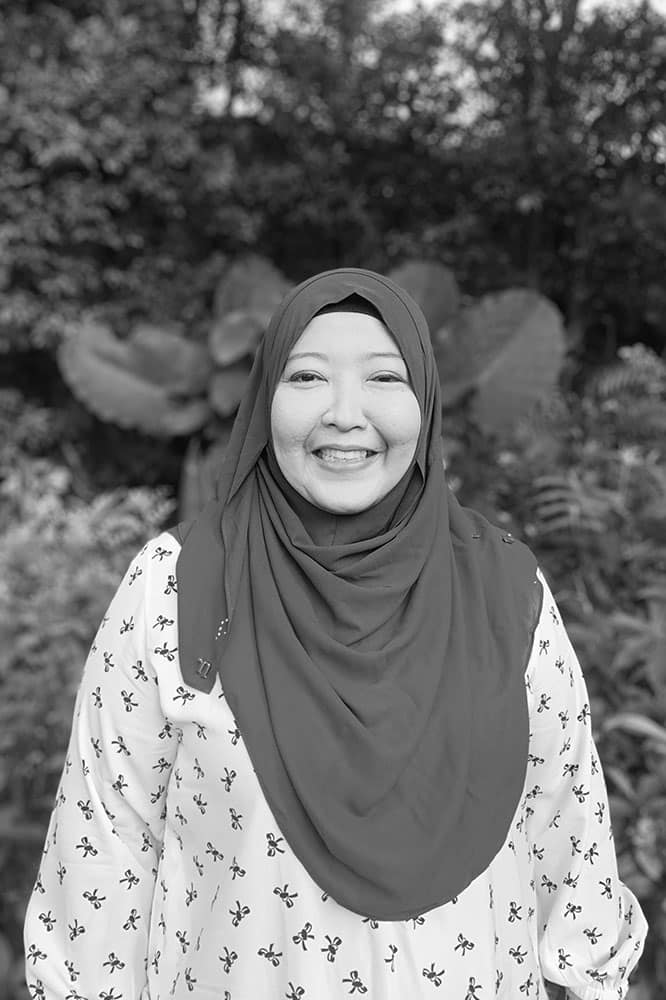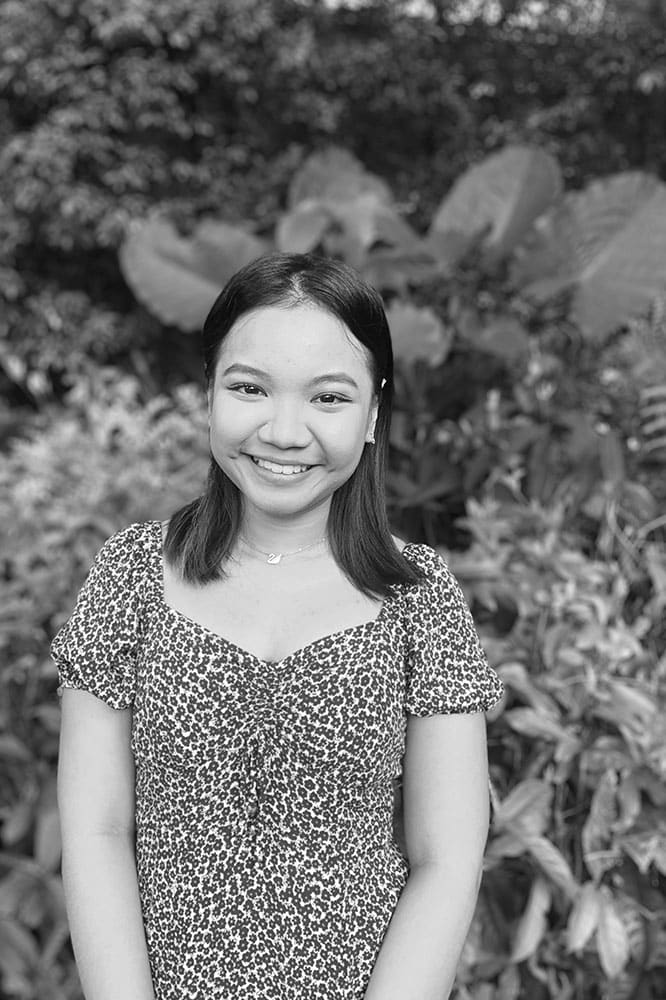About Les Oliviers
Les Oliviers French Montessori has been created with the view of offering to families an authentic Montessori school and a strong exposition to French and the French culture. Thanks to the philosophy of Maria Montessori, children can acquire the tools that will allow them to become contented adults and beneficial actors of the society of tomorrow.
About the team

Céline Liput
Head of School and Facilitator for the Accompanied Program
Infant Community Guide
Infant Community Guide
Céline is the founder of Les Oliviers and she is running the school. She is the mother of 4 children and discovered the Montessori approach when her first daughter was 2 years old. She applies Montessori at home. She became passionate about this philosophy and decided to stop her career as a Chartered Accountant to dedicate herself to the school. She is an AMI (Association Montessori Internationale) trained educator (0-3 years old).
She is also trained in positive discipline, is an infant massage instructor and completed the RIE (Resource for Infant Educarers) foundation course.

Surina Chairman
Principal
Surina is an early childhood trained educator and principal in Singapore. She has extensive experience in preschools and childcare in Singapore. She is the mother of 2 daughters and she has a passion for baking!

Jennifer Saba
Casa Guide
Jennifer is an Association Montessori Internationale (AMI) certified educator for 3-6 years old trained with the Institut Maria Montessori of Paris. Jennifer is French-Lebanese and loves food! She also enjoys nature and especially trees.

Mary Zhuo
English Teacher 3-6 years old
Mary is an early childhood educator and holds AMI 3-6 diploma from the Montessori Institute of London. Mary enjoys outdoor adventure and she loves knitting and crochetting.

Hani Hafiz
English Teacher Infant Community
Hani is an early childhood trained educator and she also took the AMI Orientation Course for 0-3 years old. Hani is Singaporean. Hani loves sunsets and doing various craft activities.
About Montessori
Maria Montessori was born in the 19th century and has developed a new way of seeing education: education as an aid to life.
From medicine to education, Maria Montessori has spent her lifetime learning about humankind driven by her curious personality.
“Applying fundamental principles of nature to the education of children is perhaps the most enduring legacy and lasting value of the life and work of Maria Montessori”
– EM Standing
The adult is a guide, a relay between the pedagogical materials and the child.
She presents to the child slowly, one by one, the items of the pedagogical materials adapted to the needs of each child. Then the adult leaves and allows the child to experiment at his/her own pace. The role of the Montessori educator lies in observing the needs of each child, in presenting the material that will awaken his/her curiosity, in maintaining a favorable atmosphere for concentration.
Each item of the teaching material presented to the child has only one difficulty at a time.
It has been carefully developed by Maria Montessori and remains current today. It is based on scientific data and gives the child the means to develop mastery of his/her gestures and to approach abstract notions by experimenting with them, making them concrete.
Teaching materials contain the control of the error that will allow the child to adjust gradually without being judged, for good or for bad.
The environment prepared by the adult allows the normal development of the child towards autonomy. Quiet environment, shelves within the reach of the children who could choose their material, keeps it as long as necessary and bring it back to its place so that it can be available for another child.
Rules that allow children to develop individually in the group:
respect for self, others, material.
Freedom and responsibility are linked
The child chooses his/her work among the materials presented to him/her, moves freely, speaks without disturbing his/her classmates.
No external judgments on results
No marks, no punishments, no rewards (so that the child does not work for a reward and the joy that his/her work gives him/her is the reward he/she gives himself).
No competition
There is only one copy of each material so that children do not compete in their work.
No generalized program
Each child is unique. The time required for each to integrate, to experiment, varies from one child to another, from one moment to another, from one material to another. Everyone has the time to understand, to deepen, to incorporate knowledge at their own pace.
The program, which the child chooses, corresponds to his needs.
Each stage of the teaching material prepares the next one and allows everyone to progress on a daily basis.
